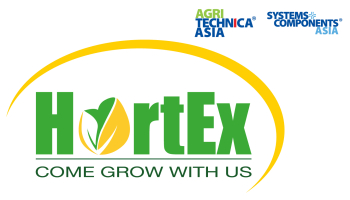

Advancements in Asparagopsis as an enteric methane inihibitor in beef feedlot diets
Breanna M. Roque, Animal Science Research Manager, FutureFeed, Australia
About the speaker:
Dr. Roque is a ruminant scientist with a master’s and PhD in Animal Biology from University of California Davis, specialising in greenhouse gas emissions in livestock production and ruminant microbiology. She has over 10 years of experience working with ruminant feed alternatives including hydroponic sprouts for drought-stricken environments, immunological and functional roles of exogenous enzymes for dairy cattle and investigating products for methane mitigation and impacts on animal health and productivity. Of the dozens of feed products she has researched, the red seaweed Asparagopsis was the most successful methane inhibitor which convinced her to join FutureFeed. As she rounds her third year with FutureFeed, her position as Animal Science Research Manager largely focuses on managing the animal research that delivers critical knowledge for commercialization of Asparagopsis for the beef, dairy, and sheep industries, and building the global regulatory research program for the approval of Asparagopsis as a ruminant feed additive.
Organisation:

FutureFeed is commercializing the use of Asparagopsis seaweed as a livestock feed ingredient that reduces methane emissions by over 80 percent. FutureFeed holds the global IP rights to this technology, developed by CSIRO, James Cook University and Meat and Livestock Australia. They deliver supply chain access to our seaweed producers through a variety of licence agreements. They are progressing R&D to confirm the safety and efficacy of Asparagopsis, which in turn is opening regulatory pathways for this technology to be adopted globally.
Presentation:
The evolution of Asparagopsis as a methane inhibitor for cattle and sheep is relatively recent in the scope of feed additives as it is just a little more than a decade old. However, given the pressure due to agriculture’s contribution to the changing climate, the demand for a powerful methane inhibitor such as Asparagopsis is compelling. The aim of this presentation is to elucidate the research driving utility of Asparagopsis products from small scale scientific research to on-farm commercial relevancy. Specifically, research intended to identify the range of effective inclusion levels for methane mitigation, demonstrate improved animal productivity, and provide evidence of no negative impacts on animal health and safety, carcass characteristics, or food safety parameters.

